28.01.2019, Johanna Järvinen-Taubert
Verso – a peer mediation program for children
“Mom, I’ve requested a Verso meeting!” My 10 year old daughter’s announcement surprised me. I knew she had suffered from a complicated situation with a couple of her classmates, but didn’t know she had decided to find a solution to it through peer mediation program Verso.
Verso is a peer mediation program, where trained, a couple of years older, students mediate the disputes of younger students. Verso – a Finnish word for “sprout” – describes the fact, where something new and positive can grow out of constructive approach towards children’s quarrels.
Verso is a national program organized by Finnish Forum for Mediation. It is a systematic program covering training of school staff and students to find restorative solutions to conflicts at school. “Restorative mediation gives schools a genuinely participatory and socially safe model, with which the parties of a conflict can themselves take part in the resolution of their conflict.” (Verso program description).
Implementing restorative practices in schools starts usually by training first the school’s entire staff about principles of mediation and restorative school culture. After this, voluntary students, who are interested in facilitating conciliation between students are trained as peer mediators. In addition those teachers or school staff members, who will be guiding the student mediators and act as adult mediators are trained. The project provides all the needed materials and guidance.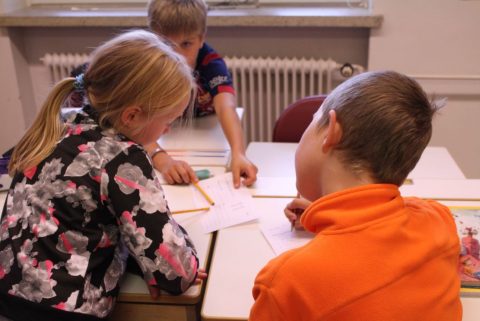
How does Verso process work?
First someone (like my daughter) asks for mediation meeting. Usually it’s a question about disputes or quarrels between students. If the case involves serious bullying etc., the teachers are taking care of the situation. All the people involved in the dispute are invited to meet in a peaceful setting. The process follows a pre-determined protocol, where everyone involved has a right to tell their side of the story and to be heard.
The peer mediators (i.e. a couple of years older students) facilitate the whole process and help parties of conflict to find a solution to their conflict by themselves and thus change their behavior. The process leads to a mutual agreement that everyone involved signs. In all cases agreement is sought through a creative face to face dialogue that concentrates on the parties’ own experiences, feelings and needs. Moreover a follow-up meeting is settled to make sure that the conflict is actually solved and the situation improved.
Note that the whole process is carried out by the students themselves, without any adults present! If any problems occur, the peer mediators are always having trained adult mentors to support the activity in their school.
In restorative mediation it is essential that the parties are finding solution to their conflict themselves. The role of mediators is facilitating. This participation enables pupils to learn essential mediation skills, democracy and conflict management. It also helps students to change their behavior in a positive way as well as to take responsibility for their own lives. The aim of the program is also to strengthen children’s rights, avoid social exclusion and labeling, and prevent violence. (Verso program description).
What do the kids think of it?
Verso is broadly used in Finnish schools and it has gained excellent results (the program has been so successful that they have even created Mini-Verso for children in early childhood education!). The program is also doing international collaboration for developing school mediation in other countries, for example in Russia, Qatar, Albania, Uganda etc.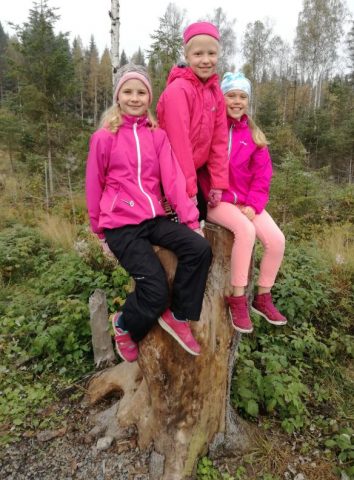
The students involved in the process think they have gained valuable life skills: i.e. solve conflicts, mediate, talk and discuss, forgive and ask for forgiveness, listen, understand arguments, respect others, understand others, equality and differences, empathy, responsibility, self-discipline and control, not to bully, behave politely and in a well-mannered way, impartiality, patience, honesty, thinking skills, participation etc. (Gellin 2011, 28).
But how did it work out for my daughter? This time the Verso program in her school has been so popular, that there was a long queue to mediators. My daughter’s teacher asked the girls, would it be ok, if she helped to solve the tricky situation with them instead. The girls involved agreed on this and this time they got help for their problem from the school’s adults.
I still think it’s great that students of that school see peer mediation so well-functioning that they put in more requests for mediation than the peer mediators can take. They have not only learned that conflicts can be solved constructively and peacefully, but they have realized they can be active agents in mediation and restoration themselves.
Finland has a long history in peace mediation: our former president Martti Ahtisaari got a Nobel peace prize 2008 for his efforts to resolve international conflicts in several countries. We hope that Finnish children along with other children around the world can still learn much needed skills for conflict management and conciliation 😊.

Want to know more about Verso?
Here you can read about Verso programme.
Video about Verso
Gellin, M. 2011: ”Even a child can mediate.” What kind of learning are restorative practices in schools producing? An article on survey results.
Read also new research results by Maija Gellin (2018): “Mediation in Finnish Schools: From Conflicts to Restoration.”

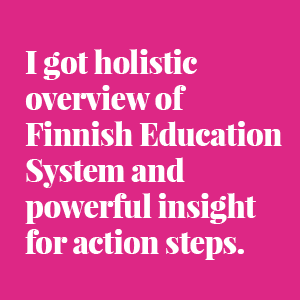

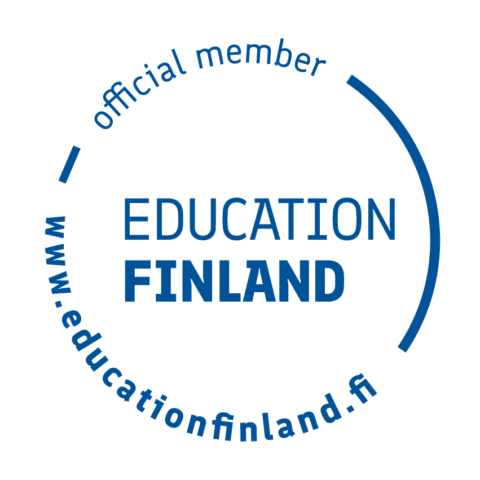
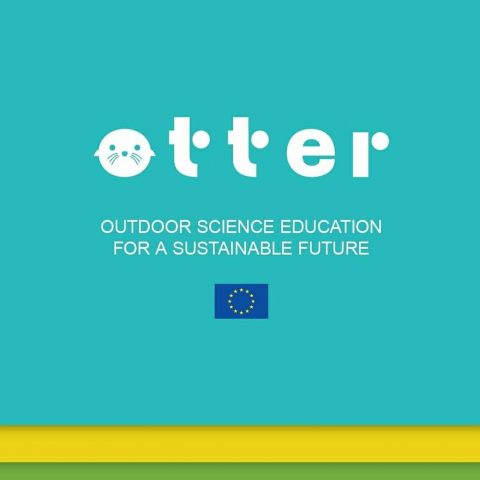




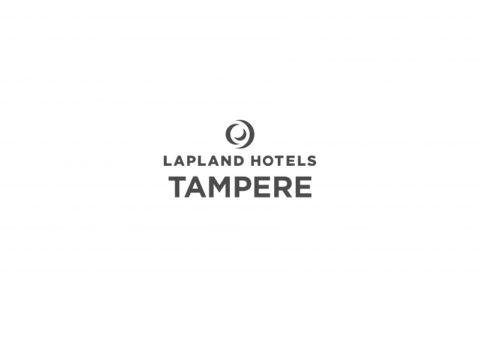
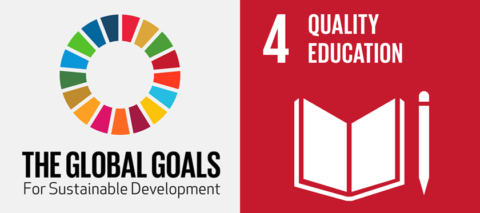

Follow us: